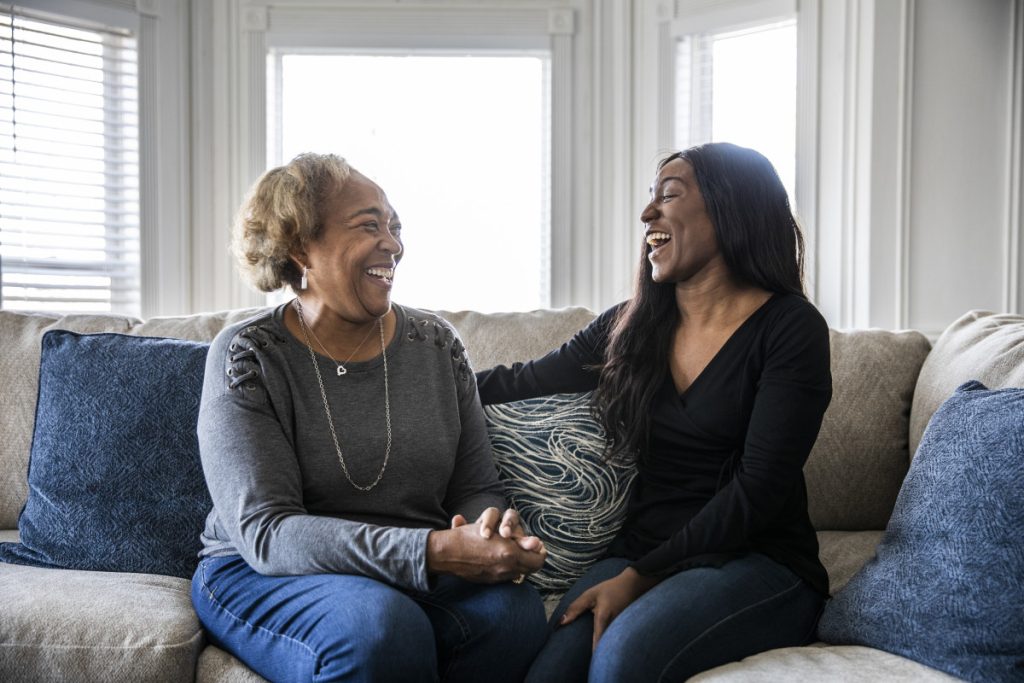
Did you know that women still do almost twice as much household work as men when both of them have full-time jobs? That’s not only a statistic; it’s an eye-opener for anyone yearning for an even more balanced, satisfying relationship. The reality is, that a lot of traditional marriage expectations simply don’t add up anymore.
Today’s couples are redefining the rules, ditching roles that leave one spouse exhausted and the other in the dark. The new relationship mantra? Equality, communication, and respect. Here’s a glimpse at the most outdated expectations finally being ditched and the new, empowering alternatives couples are adopting.

1. The Default Housekeeper Myth Is Officially Over
For decades, women were positioned as the default housekeepers, balancing work, children, and a never-ending list of chores at home. But times are changing quickly. As noted in a 2020 Gallup Poll, women still do most of the household chores in heterosexual marriages, but increasing numbers of couples are insisting on a more equal division. Experts such as Eve Rodsky, author of ‘Fair Play,’ suggest that couples “list every chore and errand” and allocate them according to actual schedules and inclinations. The aim? Make invisible work visible and distribute the burden because everyone needs a life beyond laundry.

2. Emotional Labour Isn’t a One-Woman Show
Keeping frustration in check, mediating family drama, and always being the emotional anchor do these sound familiar? Emotional labour is the unseen effort that props up relationships, but when assigned to one partner, it is resented. Sociologist Arlie Hochschild points out that this type of labour is usually “standardised, automatic, and felt as a compulsory component to maintain relationships”. Couples are increasingly acknowledging the cost of this imbalance. As one study found, “couples with a more equal distribution of emotional labour reported higher levels of marital satisfaction”. The new rule? Both partners step up to support, listen, and process because emotional well-being is a team sport.

3. The Mental Load Isn’t Just ‘Nagging’ It’s Real Work
The mental load planning, remembering, anticipating everyone’s needs has been called the ‘invisible work’ of relationships. And it’s not about who loads the dishwasher, but who even notices they need to load the dishwasher in the first place. As Leïla Costil puts it, women perform more cognitive labour and multitasking, often giving up their own rest and peace of mind. The cure? Couples are asked to “share housework and emotional support tasks” and check in regularly to redistribute the burden. When both partners own the mental logistics, resentment drops and connection grows.

4. Intimacy Is About Mutual Pleasure Not Obligation
Let’s be real: The idea that wives should always be ‘on’ in the bedroom is not just outdated, it’s harmful. Recent research shows that women are still expected to prioritize their partner’s pleasure, often at the expense of their own comfort and satisfaction (Springer). Actually, more than 50% of women have pretended to reach orgasm in order to comfort the partner, and close to 30% experience pain during sex but say nothing for fear of hurting someone’s feelings. The new generation of couples is abandoning the scripts, emphasizing open communication, consent, and mutual pleasure. As one research summarized, “prioritizing others’ feelings can cost women their own sexual agency, and a disconnection from their own needs, wants, and desires.” Real intimacy is when both feel heard, safe, and satisfied.

5. One-Sided Parenting Is Out Teamwork Is In
Those days are over when dads get to come in and rescue the fun part, and moms do the rest. Contemporary families are embracing co-parenting, with both husband and wife playing active roles in the daily routine as well as the joys of raising children. As a recent survey has pointed out, fathers today devote three times as much time to childcare on a weekly basis as their counterparts did in 1965. The secret is to “work as a team,” divide the not-so-fun tasks, and rejoice in each other’s efforts. The outcome? Deeper family connections and fewer burnouts for all of us.

6. Communication Isn’t Optional It’s the Foundation
Lazy communication grunts, shrugs, or expecting your partner to read your mind just doesn’t fly anymore. Couples who thrive are those who talk openly about expectations, frustrations, and dreams. As marriage therapist Michelle Scharlop advises, “Have an open dialogue about household responsibilities. Communicate your needs and expectations and be open to hearing your spouse’s needs and expectations.” Regular check-ins and honest conversations help prevent misunderstandings and keep both partners feeling valued.

7. Giving Up Ambitions to Achieve ‘Home Harmony’ Is So Last Century
It’s no longer okay for one partner often the wife to set dreams aside so the home will be harmonious. Today’s relationships are about helping each other achieve their ambitions, whether that entails learning a new profession, returning to school, or simply finding a little time for self-improvement. As specialists point out, “Support your partner’s personal growth and purpose, even when it varies from tradition. Refrain from judgment. Their growth is not a threat.” If both partners feel free to develop themselves, the entire relationship gains power.

8. Keeping Up Appearances Is Not a Wife’s Job
The expectation that women should maintain themselves, their children, and their homes to perfection while men are let off the hook is a double standard that’s at long last being addressed. As observed both in international studies and in day-to-day life, women are called upon to “bear the burden of appearances” but now couples are redefining what truly matters. The new priority? Authenticity, self-care, and common standards for what ‘put together’ looks like. Letting go of perfectionism releases time and energy for what really matters: relationships and delight.

9. Complying Just to Maintain the Peace Doesn’t Cut It
Healthy relationships aren’t a matter of one partner always compromising. Arguments are inevitable and when approached with respect, they end up making couples stronger. As emphasized in new studies, “engage in open and honest communication about emotional needs and labor.” That is, both opinions count, even if they differ. The outcome? Greater trust, less resentment, and a relationship where all partners feel heard and seen.
Today’s couples are showing that ditching old expectations isn’t only a trend it’s a happiness game-changer, intimacy booster, and resilience builder. By sharing the actual work of partnership, nurturing each other’s growth, and being honest with one another, relationships become the source of strength, rather than stress. The good news? The future of marriage is being written by those who are willing to ask for and build something better together.


